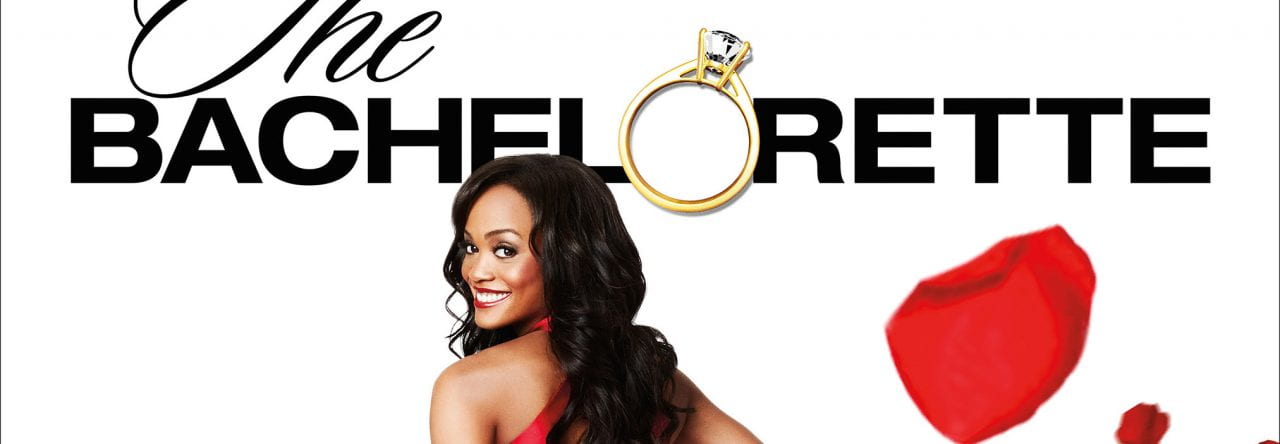Grace and Frankie takes on the issues of two couples that were separated because one of the partners had been secretly in love with someone of their same sex. Throughout the first episode, we can see glimpses of what the characters are like through the way they dialogue with each other. In this way the writers, use dialogue to characterize their main characters. Given that this was the first episode of Grace and Frankie, the writing often felt slow, however I attribute this to the fact that the pilot episode often serves as the introduction to the series.
The way dialogue occurs between the characters is used to show us how they are. For example, we can see how Sol often stutters when speaking with Robert. This could indicate that he is still somehow insecure about his true sexual orientation. However, when he briefly speaks with Frankie, as a friend, he does not stutter. Through Sol’s stuttering or absence of such, we can see how complex the issues Sol has to deal with are. On the other hand, Robert is very secure when he speaks. However, when he dialogues with Grace, we can see how he often leaves many silences. These silences can indicate two things. First, it hints at how he feels kind of sorry for hurting Grace in the way he did. Furthermore, in the spots the silences are placed, we can see it as a hint that he hoped that his wife would have noticed about his true sexual orientation beforehand, given that he was sort of more open to it.

We can further see how Robert is more comfortable with his sexual orientation in how he often is the one to initiate physical contact.
When we focus on the dialogue that occurs between Grace and Frankie, we can see their true feeling behind the shocking news they just received. When they drink the Peyote tea, and take the muscle relaxers, they open a lot to each other. The dialogue that occurs here is very revealing of their characteristics. For example, we notice that Grace feels angry about the news, while Frankie feels more heartbroken.
I really enjoyed the way Marta Kauffman and Howard J. Morris wrote the episode. Marta Kauffman is mostly known for co-producing and being a writer in the sitcom “Friends”. Something that stands out to me is that just like “Grace and Frankie”, “Friends” uses plenty of dialogue to characterize their characters. I also imagine Frankie being an older version of Phoebe.

Friends was a popular show also written and produced by Marta Kauffman.

Comments are closed.